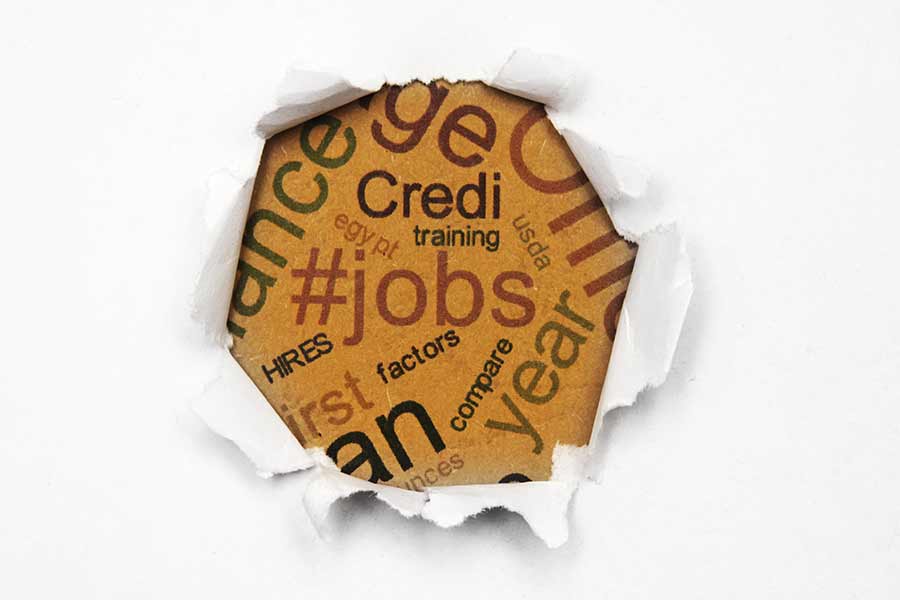School’s out for summer and for many students, that means joining the workforce. Taking on a summer job is an excellent opportunity for young adults to learn some basic money management skills, including an introduction to how income taxes work. Getting that first paycheck can be a real eye-opener if it’s not as big as you were anticipating. To help cut down on some of the shock and awe, the IRS has prepared a list of eight things students need to keep in mind when taking on a summer gig.
1. Be prepared for your employer’s withholding
Unless you’re self-employed, your employer will withhold part of your pay each week for taxes. This includes federal and state income taxes, payroll taxes including Social Security and Medicare, as well as local taxes. The different taxes can all add up to a big bite taken out of your pay so it’s important to understand what it is you’re on the hook for.
2. Pay attention to your W-4
Whenever you get hired for a new job you’ll have to fill out a Form W-4. This form tells your employer how much taxes to withhold each pay period. The amount that’s withheld typically depends on what you earn, your filing status and the number of exemptions you claim. If you’re not withholding enough you could end up owing taxes at the end of the year.
3. Tips are considered income
Income taxes don’t just apply to your hourly wage. Any tips you earn from work are also taxable income and it’s your responsibility to report them properly. Employers keep electronic records of tips paid via credit or debit card and the IRS expects you to report 100% of any cash tips you receive. If you don’t claim all your tips, you could be subject to a penalty equal to 50% of the Social Security, Medicare or railroad retirement taxes due on the money.
4. You may still owe taxes if you’re self-employed
Some teens prefer being their own boss to working a regular summer job but that doesn’t mean the money you earn is tax-free. Whether you’re cutting lawns, painting houses or babysitting, you may have to pay self-employment tax on your net earnings. As of 2014, the self-employment tax rate is 15.3%, which is divided between Social Security and Medicare. If you have any expenses related to your business, you may be able to deduct them but you’ll need to keep accurate records to do so.
5. Summer programs may have tax implications
College students who are enrolled in ROTC programs need to pay particular attention to their tax situation if they’re considering participating in a summer training exercise. While any subsistence allowance you receive isn’t taxable, you’ll have to report active duty pay as income for tax purposes.
6. You may not owe any income tax
While your employer is usually required to withhold Social Security and Medicare tax, you may not be subject to federal income tax withholding if you don’t make enough. For instance, as of 2014 a single worker earning $43 or less per week would pay nothing in federal income taxes. The amount of income tax you owe increases incrementally based on your pay.
7. There are special rules for direct sellers
If your summer job involves a paper route, your tax situation depends on whether or not you qualify as a direct seller. Generally, a direct seller must meet three specific criteria:
- They distribute or deliver newspapers or shopping news
- Any pay they receive is related directly to sales rather than the number of hours worked
- Their services are contracted with the stipulation that they won’t be treated as an employee for federal tax purposes.
If you satisfy all these conditions you’re considered self-employed and must pay self-employment tax.
8. You may not have to file a return
Whether or not students have to file a return for income earned from a summer job depends on several factors. Generally, students who are considered dependent and don’t earn more than the standard deduction limit don’t have to file. For 2014, the standard deduction limit is $6,200. Even if you’re not technically required to file, you may still want to consult a tax professional, especially if you think you may receive a refund.
Navigating the federal income tax rules can be tricky, especially when you’re a newbie in the working world. Keeping these tips in mind can help you keep an eye on the bottom line so you don’t end up facing any costly surprises down the road.



When I was in college doing my stint in a local restaurant, the owner keep my tips and I told him that tips is also my income but he still doesn’t comply. I just let it because its not practical if I go to legal counsel just for tips.